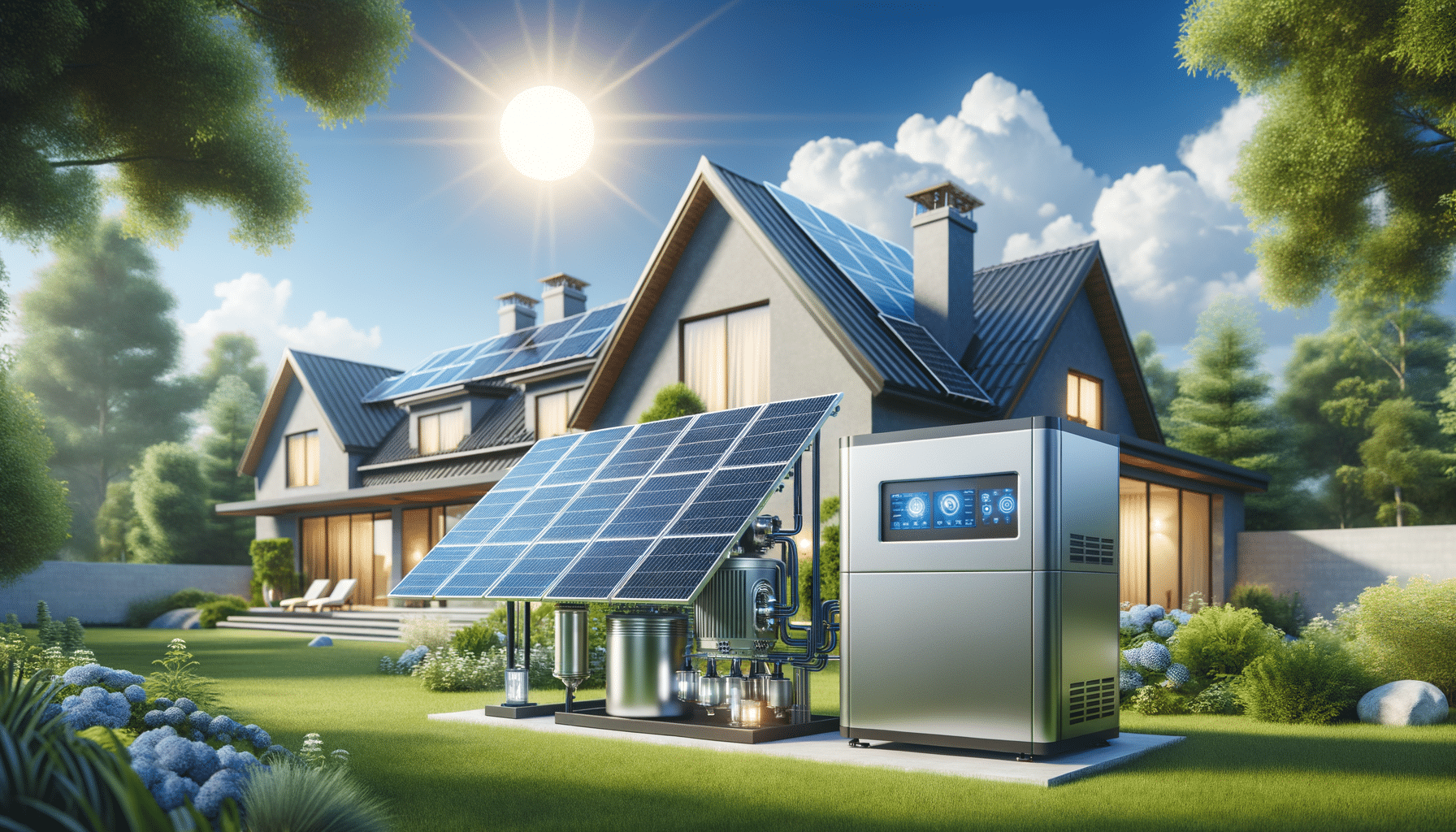
Explore the power of household solar generators
Introduction to Solar Generators
As the world moves towards sustainable energy solutions, solar generators have emerged as a pivotal innovation. These devices offer an eco-friendly alternative to traditional generators, harnessing the sun’s energy to power homes and devices. With growing concerns over climate change and the environmental impact of fossil fuels, solar generators provide a cleaner, quieter, and more sustainable way to generate electricity.
Solar generators are particularly appealing for their versatility and portability. They are ideal for both residential use and outdoor adventures, offering a reliable power source in various situations. Their ability to operate without fuel makes them cost-effective and environmentally friendly, reducing the carbon footprint significantly compared to conventional generators.
How Solar Generators Work
At the heart of a solar generator is the photovoltaic (PV) system, which converts sunlight into electricity. This process begins with solar panels that capture sunlight and convert it into direct current (DC) electricity. The DC electricity is then transformed into alternating current (AC) electricity through an inverter, making it usable for household appliances and electronics.
A typical solar generator setup includes:
- Solar Panels: Capture and convert sunlight into electricity.
- Charge Controller: Regulates the power going into the battery to prevent overcharging.
- Battery: Stores the electricity for later use.
- Inverter: Converts DC electricity to AC electricity.
This system allows solar generators to provide consistent power, even when the sun isn’t shining. Stored energy in the battery can be used during nighttime or cloudy days, ensuring a continuous power supply.
Advantages of Using Solar Generators
Solar generators offer numerous benefits that make them an attractive option for modern energy needs. Here are some key advantages:
- Environmentally Friendly: Solar generators produce zero emissions, significantly reducing the carbon footprint.
- Cost Savings: Once installed, solar generators have low operational costs since they don’t require fuel.
- Quiet Operation: Unlike traditional generators, solar generators operate silently, providing a peaceful power solution.
- Portability: Many solar generators are compact and portable, making them perfect for outdoor activities and emergencies.
These features make solar generators a practical choice for those looking to embrace sustainable living while enjoying the convenience of portable power.
Applications of Solar Generators
Solar generators are versatile and can be utilized in various scenarios. They are ideal for:
- Home Backup: Providing power during outages, keeping essential appliances running.
- Outdoor Adventures: A reliable power source for camping, hiking, and RV trips.
- Remote Locations: Supplying electricity in areas without access to the grid.
- Emergency Situations: Offering a dependable power supply during natural disasters.
These diverse applications highlight the adaptability of solar generators, making them a valuable addition to any energy strategy.
Considerations When Choosing a Solar Generator
When selecting a solar generator, several factors should be considered to ensure it meets your needs:
- Power Output: Determine the wattage required to power your devices and appliances.
- Battery Capacity: Consider the storage capacity to ensure sufficient power availability.
- Portability: Evaluate the size and weight if you plan to use it for outdoor activities.
- Durability: Look for robust construction to withstand various environmental conditions.
Taking these factors into account will help you choose a solar generator that aligns with your energy requirements and lifestyle.
Conclusion: Embracing Solar Energy
Solar generators represent a significant step forward in sustainable energy solutions. Their ability to provide clean, portable power makes them an excellent choice for both residential and outdoor use. By investing in a solar generator, individuals can reduce their carbon footprint, save on energy costs, and ensure a reliable power source in various situations. As technology continues to advance, solar generators will likely become an even more integral part of our energy landscape, contributing to a greener and more sustainable future.


